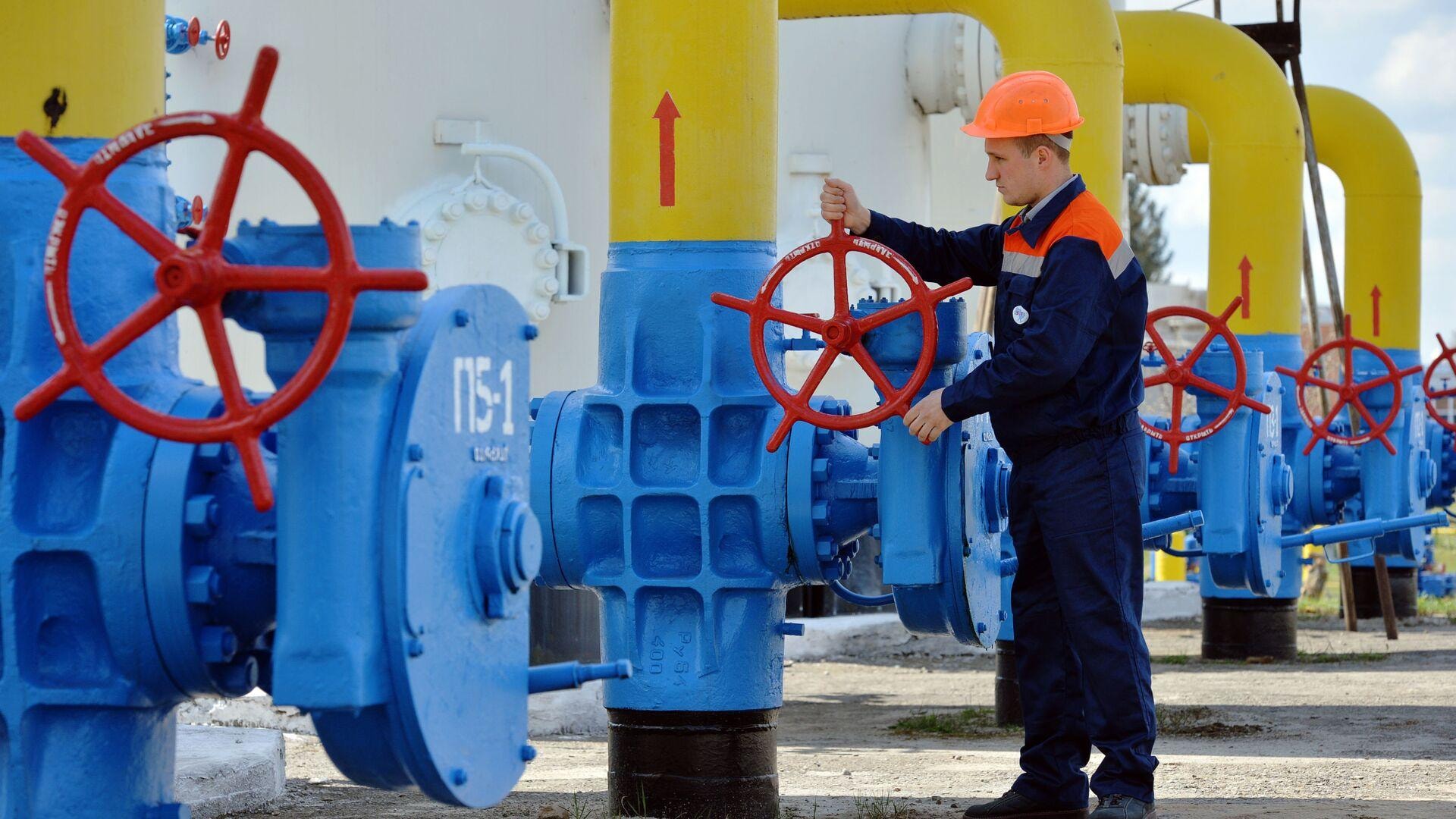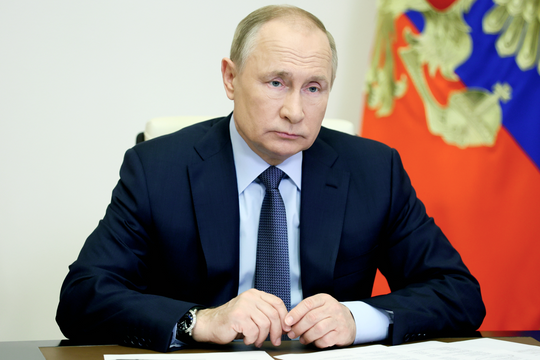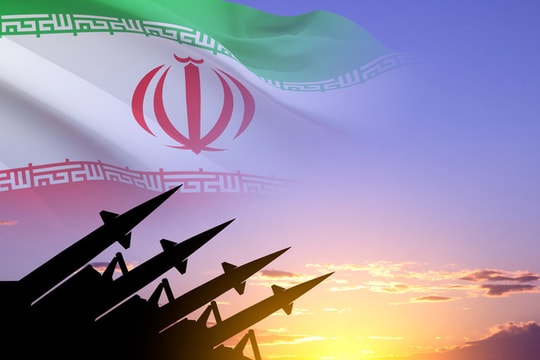Experts explain why the EU cannot survive in 2023 without Russian gas
(Baonghean.vn) - Europe will not be able to get through the upcoming winter and the whole of 2023 without Russian gas, according to the research project "European Energy Balance in the New Reality" by Yakov & Partners Company.
“The declared goal of ambitiously reducing Europe's dependence on Russian gas by 2022-2023 is unachievable without widespread production shutdowns,” experts say.
They argue that despite reports of filling storage tanks, Europe has not yet overcome its dependence on Russian gas. At the same time, to meet green fuel demand until the end of 2022, the region’s countries need to maintain supplies of Russian gas or cut consumption by another 7-12 billion cubic meters, a goal that would require the complete or partial shutdown of some industries.
"Currently, 70% of nitrogen fertilizer production capacity in Europe has stopped working, aluminum production has decreased by 25%, steel production has decreased by 5%," - Yakov and Partners company estimates.
The study authors say it's likely this process will continue even if this winter isn't very cold.
Experts acknowledge that Europe has done a good job of diversifying its supply sources. By September, the average filling rate of underground gas storage was 85%, thanks to increased imports from alternative suppliers and reduced gas consumption, mainly in the industrial sector. LNG supplies increased by 30% compared to 2021.
 |
| Illustration photo. Photo: AP |
However, according to experts, the possibility of further rapid increases in delivery speeds to replace Russian supplies in 2022 is hampered by logistics, mainly technical constraints on LNG imports into the EU, due to the lack of many terminal facilities connecting to the distribution pipeline network.
"If the current reduction in gas consumption is maintained, European countries will still have a gas shortage for the 2022/2023 heating season of at least 10 billion cubic meters, even in the case of mild winter weather, keeping LNG imports at peak levels and using up all the gas reserves in their underground storage facilities," - analysts said.
They reiterate that US shale gas developers have said there is limited scope for a rapid increase in supplies to Europe next winter, and there are other risks, such as a recovery in Chinese gas demand, cold winter weather or disruptions to alternative supply chains.
"If the risk occurs, the deficit could increase to 20-30 billion cubic meters. All of that shows that European countries will continue to reduce consumption or will be forced to increase purchases from Russia" - analysts concluded./.




.jpg)



